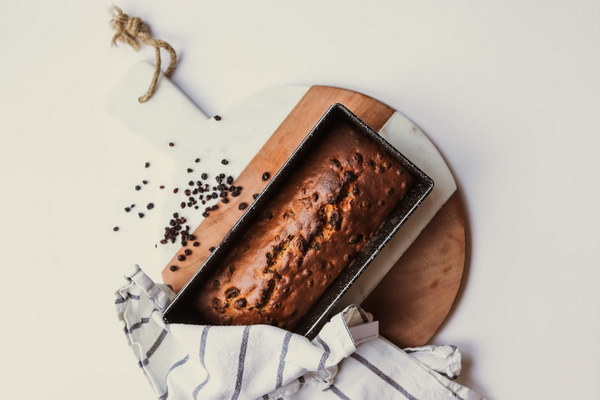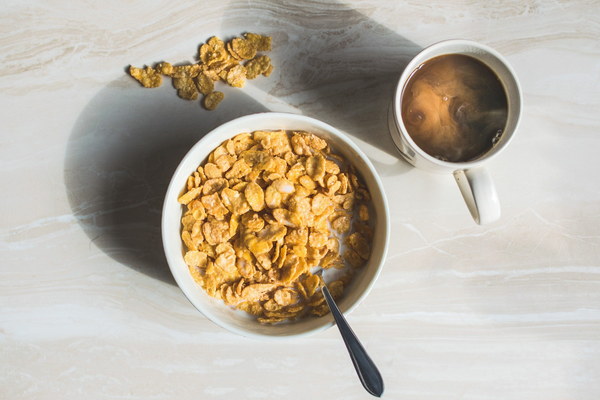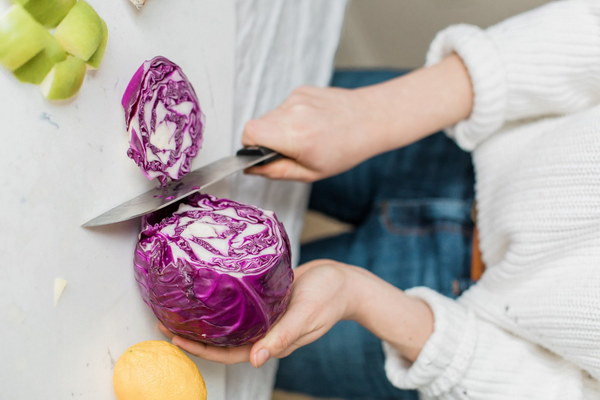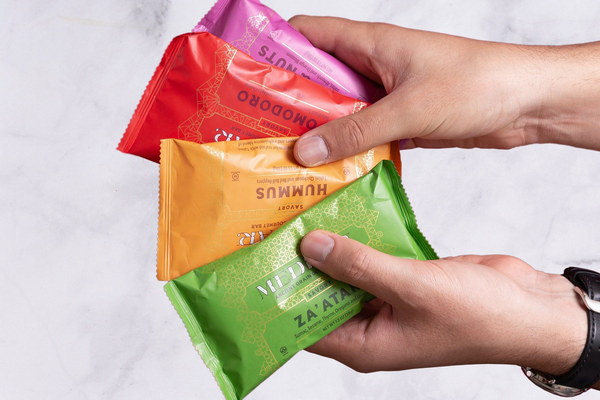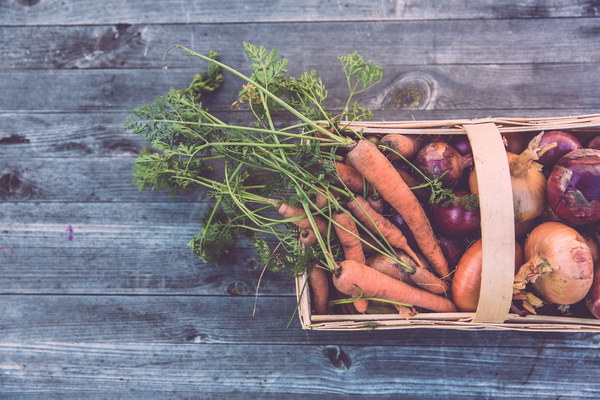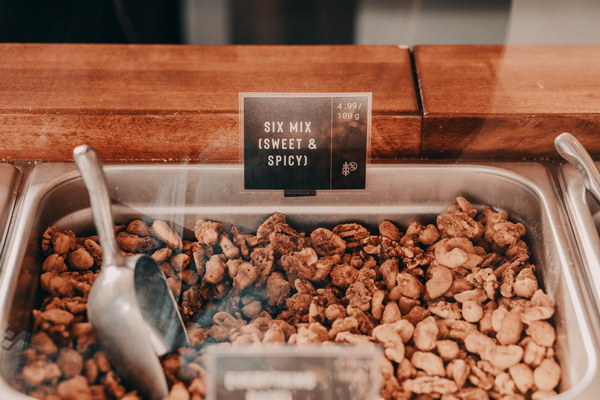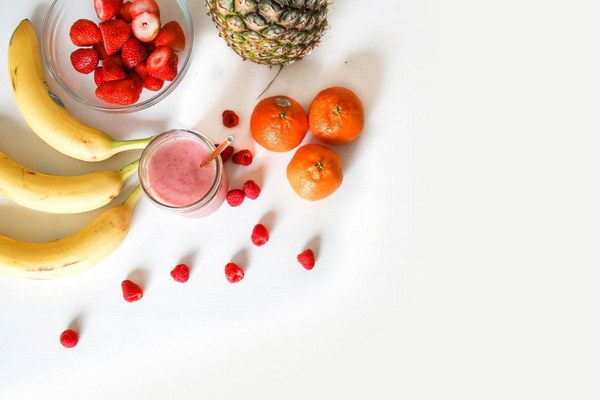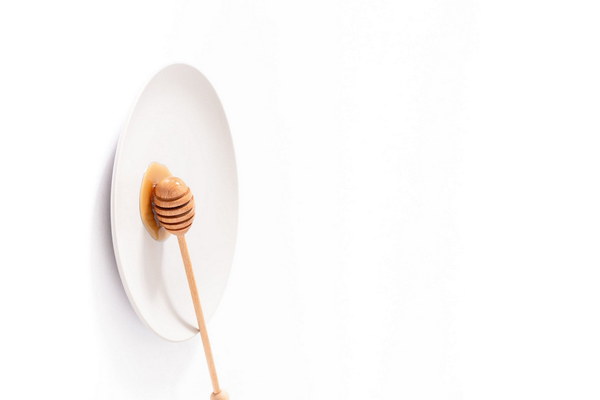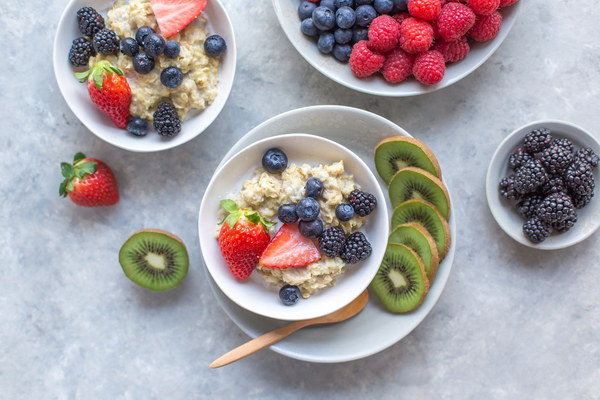Nourish Your Stomach Revitalize Your Hair A Holistic Approach to Healthier Hair and Stronger Scalp
In the fast-paced world we live in, it's easy to neglect our health and well-being. One aspect of our overall health that often gets overlooked is the condition of our hair. Hair loss and thinning hair can be distressing, and many people turn to expensive treatments and products in search of solutions. However, the key to healthier hair may lie in a simple yet effective approach: nourishing your stomach. This article delves into the connection between gut health and hair growth, offering insights into how to achieve lustrous, full hair through a balanced diet and other natural methods.
The Gut-Brain-Skin Connection
The gut, brain, and skin are interconnected through a complex network of hormones, nerves, and immune cells. This triad is known as the gut-brain-skin axis, and it plays a crucial role in maintaining the health of our hair. When the gut is imbalanced, it can lead to a variety of issues, including hair loss and scalp conditions.
1. Gut Health and Hair Loss
A healthy gut is essential for the absorption of nutrients that are crucial for hair growth. When your gut microbiome is out of balance, it can disrupt the absorption of these nutrients, leading to hair loss. Common gut issues that can cause hair loss include:
- Inflammatory bowel disease (IBD)
- Celiac disease
- Food intolerances
- Chronic stress
2. Nourishing Your Gut
To support your gut health and promote hair growth, consider the following tips:
- Eat a diverse range of fermented foods, such as yogurt, kefir, sauerkraut, and kimchi, to increase your gut's probiotic population.
- Include prebiotic-rich foods in your diet, such as bananas, onions, garlic, and asparagus, to feed your gut bacteria.
- Avoid processed foods and excessive sugar, as they can harm your gut flora.
- Stay hydrated by drinking plenty of water, which helps maintain the balance of gut bacteria.
3. Nutrients for Hair Growth
Several nutrients are essential for hair growth and maintenance. Incorporate the following foods into your diet to ensure you're getting enough of these vital nutrients:
- Protein: Hair is primarily made of protein, so it's essential to consume enough to support hair growth. Good sources include lean meats, fish, eggs, legumes, and nuts.
- Iron: Iron deficiency can lead to hair loss. Incorporate iron-rich foods such as red meat, poultry, fish, beans, lentils, and fortified cereals into your diet.
- Vitamin D: This nutrient is crucial for hair growth and can be found in fatty fish, fish liver oils, and fortified foods. Sunlight is also a source of vitamin D.
- Biotin: Biotin, also known as vitamin B7, is essential for hair growth. Food sources include nuts, seeds, eggs, and whole grains.
- Zinc: Zinc plays a role in hair follicle function and can be found in foods such as oysters, beef, lamb, and legumes.
4. Other Natural Methods for Hair Growth
In addition to a balanced diet, other natural methods can help support hair growth:
- Scalp massage: Massaging your scalp can stimulate blood flow and promote hair growth.
- Essential oils: Oils such as rosemary, peppermint, and lavender can be massaged into the scalp to improve hair growth.

- Avoid harsh hair care products: Overuse of chemical-laden hair products can damage your hair and scalp, leading to hair loss.
- Manage stress: Chronic stress can disrupt your gut health and contribute to hair loss. Practice stress-reduction techniques such as meditation, yoga, or deep-breathing exercises.
In conclusion, the key to achieving lustrous, full hair lies in nurturing your gut health and providing your body with the necessary nutrients. By following the tips outlined in this article, you can take a holistic approach to hair growth and promote a healthier, more vibrant scalp. Remember that patience is key, and results may take time to manifest. With consistent effort and attention to your health, you'll be well on your way to achieving the hair of your dreams.
